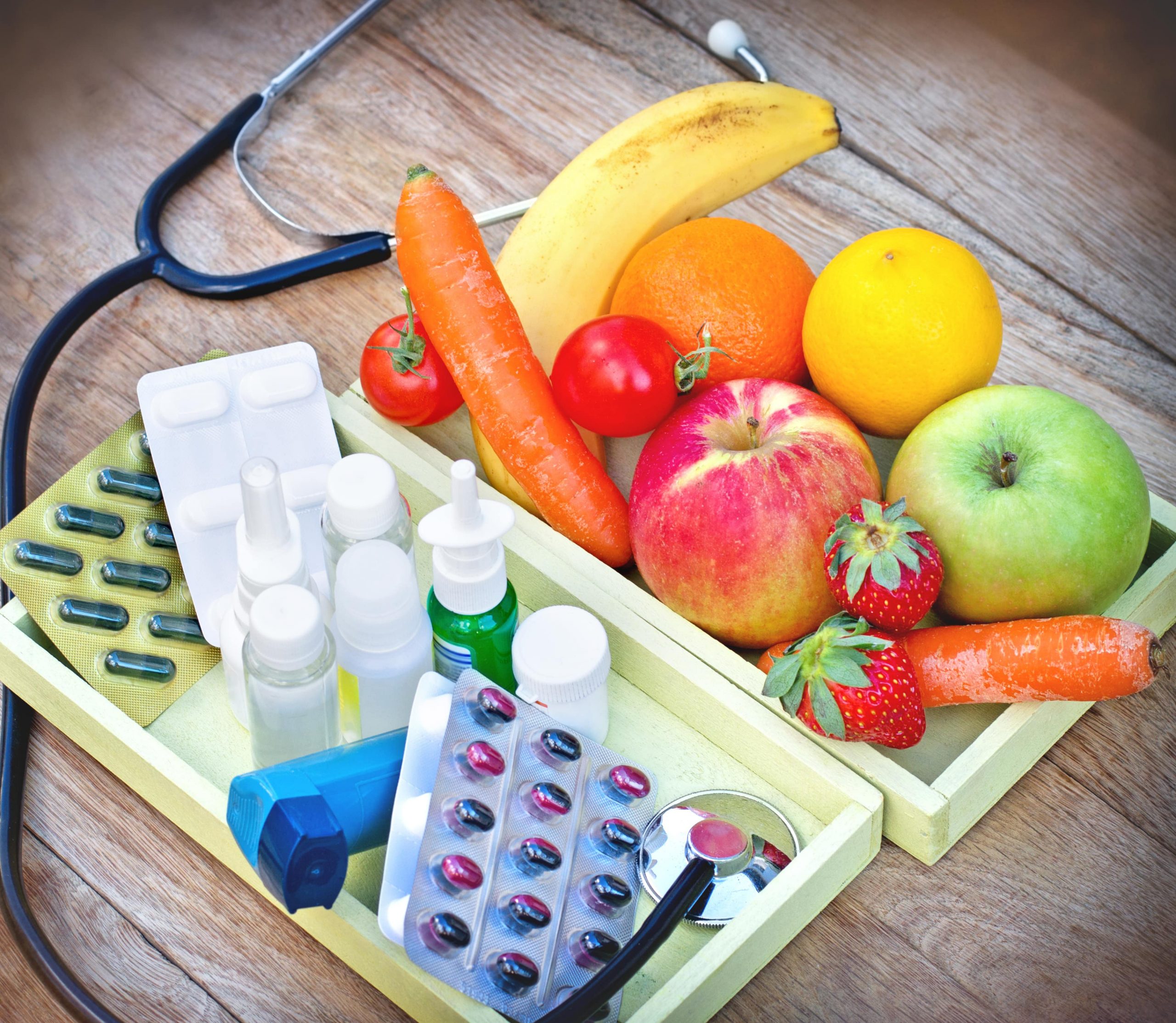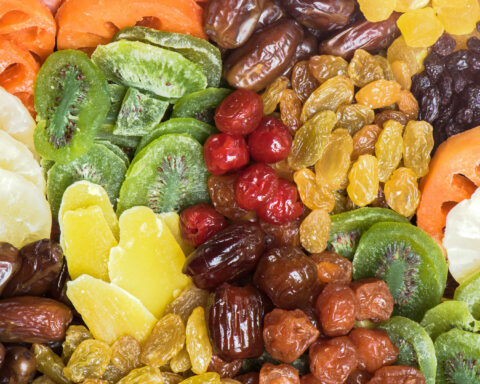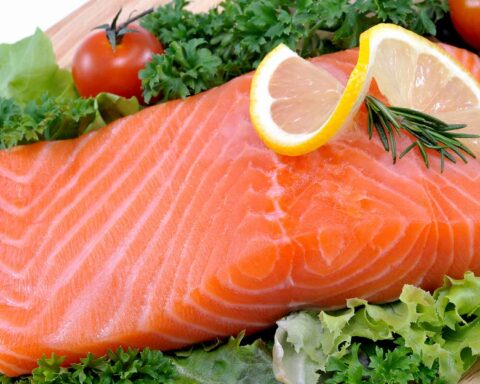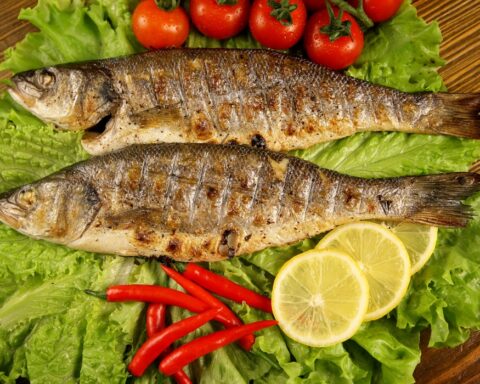When you are attacked with a certain type of infection, your healthcare provider will prescribe you some antibiotics. To help these medications work effectively, you will be required to eat some foods while avoiding some.
Antibiotics are common drugs that help your body fight bacterial infections. Depending on the severity of your infection, type of infection, and other factors like age and weight, the type of antibiotic given may differ. Their mode of action also differs, and some of them can cause adverse side effects like diarrhea and liver damage. Certain kinds of foods may help reduce these side effects, while others may worsen them. To be safe when under these medications, you will need to opt for some foods while avoiding some, as explained in this article.
What Are Antibiotics?
Antibiotics or antibacterial drugs are specific medications used to manage and treat bacterial infections. They primarily function by impeding the infection or interfering with its spread. There are various types of antibiotics, each with a specific function against a specific type of bacteria. For example, broad-spectrum antibiotics are non-selective, meaning that they work to manage any type of disease-causing bacteria. Others, like cephalosporins and macrolides, work by killing the bacteria.
Antibiotics are best suited for any type of infection, from minor to serious infections. However, using them has been accompanied by some side effects. For instance, prolonged and too much use of antibiotics can lead to hepatic problems like liver damage. Evidence suggests that, of all the causes of liver injury related to medication use, antibiotics are the leading.
Antibiotics can also interfere with the livelihood of the normal flora and other bacteria lodging in your intestines. These bacteria are commonly referred to as gut bacteria or gut microbiota. While antibiotics may kill and reduce the amounts of disease-causing bacteria, they may also kill the good bacteria. Prolonged use of antibiotics especially, in childhood, can change the amount and varieties of bacteria in your gut. For your information, the use of antibiotics for only seven days can change the makeup of gut bacteria for up to twelve months.
What’s more, studies indicate that changing the makeup of the gut bacteria as a result of excessive use of antibiotics in childhood is a potential predisposing factor to weight gain and obesity. Additionally, extended and excess use of antibiotics may make you antibiotic-resistant, making your body not respond to antibiotics. Lastly, by changing the makeup of the gut bacteria, antibiotics cause diarrhea and other intestinal side effects.
Use Probiotics During and After Antibiotics
Overuse of antibiotics can change the amount and type of gut bacteria, which can lead to diarrhea, more so in children. To reduce or eliminate these side effects, you may want to use probiotics which are live healthy bacteria. Researchers say that using probiotics during and after antibiotics can reduce the likelihood of diarrhea by over 50% in children. Keep in mind that probiotics are still bacteria, and antibiotics may kill them if taken together. It would be best to take antibiotics and let a few hours pass before taking probiotics. You may also want to take probiotics after the regimen of antibiotics is completed. By so doing, the good gut bacteria that may have been killed will be restored significantly. In fact, probiotics can reclaim the lost gut microbiota to its original state.
Eat More of Fermented Food
Eating fermented foods can also help restore the gut microbiota that may have been killed by antibacterial medications. There are many types of fermented foods, and they are produced by microbes. They include kefir, kimchi, kombucha, cheese, sauerkraut, and yogurt, just to name a few. They are loaded with healthy bacteria like Lactobacilli, which effectively restore the lost gut microbiota to their original state. Studies indicate that increasing your intake of cheese or other fermented food may increase the number of Lactobacilli in your gut, thus lowering the amounts of disease-causing microbes such as B. wadsworthia and Enterobacteria. Another bacterium, like Bifidobacteria, which is a good bacteria, can thrive well when you eat kimchi or fermented soybean milk. You, therefore, need to eat fermented foods during and after the course of antibiotics. This can help reduce diarrhea, which is a common side effect of strong antibiotics.
Increase Your Intake of High-Fiber Foods
Fiber is resistant to digestive enzymes, meaning that your body cannot digest it. However, it can be digested by gut bacteria, which helps them increase in number. You thus need to eat more foods rich in fiber to help restore good gut bacteria after completing the dose of antibiotics. Foods high in fiber include beans, seeds, peas, broccoli, bananas, artichokes, lentils, berries, nuts, and whole grains like brown rice, porridge, and whole-grain bread. Researchers say that foods rich in dietary fiber, apart from increasing the growth of good gut bacteria, can also thwart the growth of harmful bacteria. Given that fiber is slow to digest and may take longer to be eliminated, it can slow the absorption rate of antibiotics. It would help to avoid eating food high in fiber during the course of taking antibiotics and instead take them after stopping the medication.
Include Prebiotic Foods
Prebiotics are different from probiotics in that they are real food that the gut bacteria feed on within your gut. Many foods that are rich in fiber are typically prebiotics. Gut bacteria digest fiber by fermenting it while feeding on it, which allows them to grow.
Foods To Avoid
During the course of taking antibiotics, there are certain foods that you must avoid to avoid worsening side effects. A good example is grapefruit and grapefruit juice. Why? Grapefruit juice and other drugs are broken down into simpler forms by an enzyme known as cytochrome P450. Taking antibiotics alongside grapefruit inhibit the digestion and absorption of antibiotics. This may harm your health, and you have blood in the stool.
Conclusion
Antibiotics are the best medications used to manage bacterial infections. When taken judiciously, they can help you heal fast. However, most of these medications are accompanied by side effects that can be worsened or relieved by avoiding or eating certain foods.
- How the Pec Deck Works Your Chest - April 19, 2024
- Homemade Eye Drops: Risks, Benefits, and More - April 19, 2024
- SMART TOOTHPICKS COMPANY - July 29, 2023









